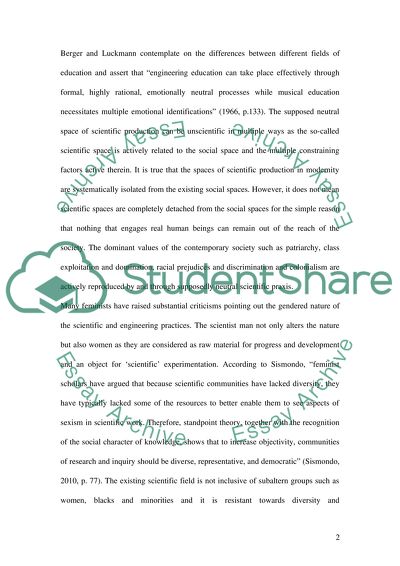Cite this document
(“What implications do artificial separation between science and society Essay”, n.d.)
Retrieved from https://studentshare.org/sociology/1416580-what-implications-do-artificial-separation-between-science-and-society-suggest-for-the-future-of-scientific-and-engineering-practice
Retrieved from https://studentshare.org/sociology/1416580-what-implications-do-artificial-separation-between-science-and-society-suggest-for-the-future-of-scientific-and-engineering-practice
(What Implications Do Artificial Separation Between Science and Society Essay)
https://studentshare.org/sociology/1416580-what-implications-do-artificial-separation-between-science-and-society-suggest-for-the-future-of-scientific-and-engineering-practice.
https://studentshare.org/sociology/1416580-what-implications-do-artificial-separation-between-science-and-society-suggest-for-the-future-of-scientific-and-engineering-practice.
“What Implications Do Artificial Separation Between Science and Society Essay”, n.d. https://studentshare.org/sociology/1416580-what-implications-do-artificial-separation-between-science-and-society-suggest-for-the-future-of-scientific-and-engineering-practice.


